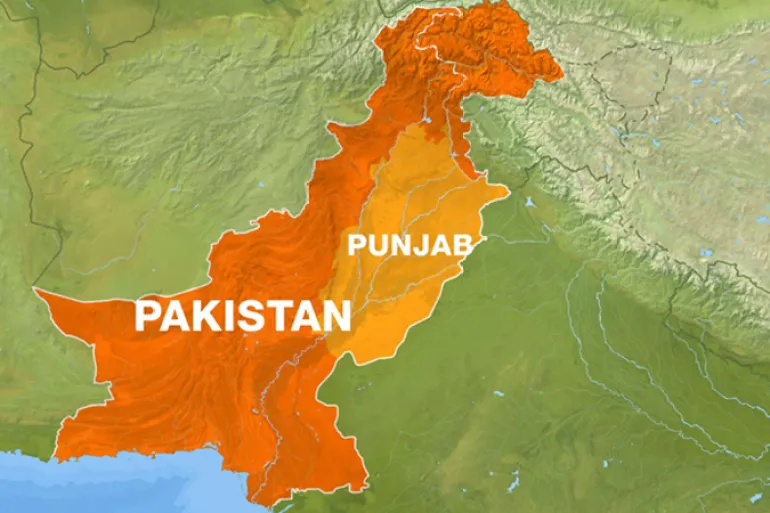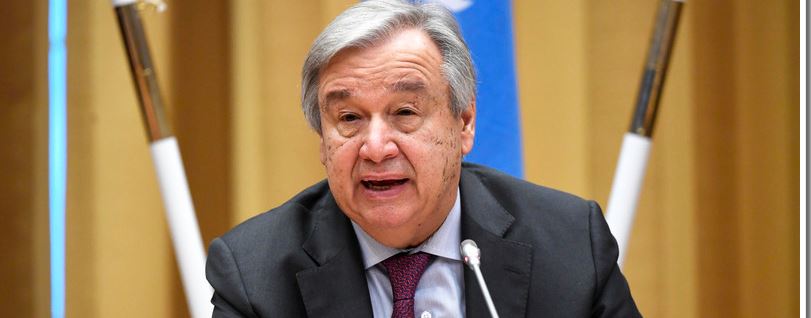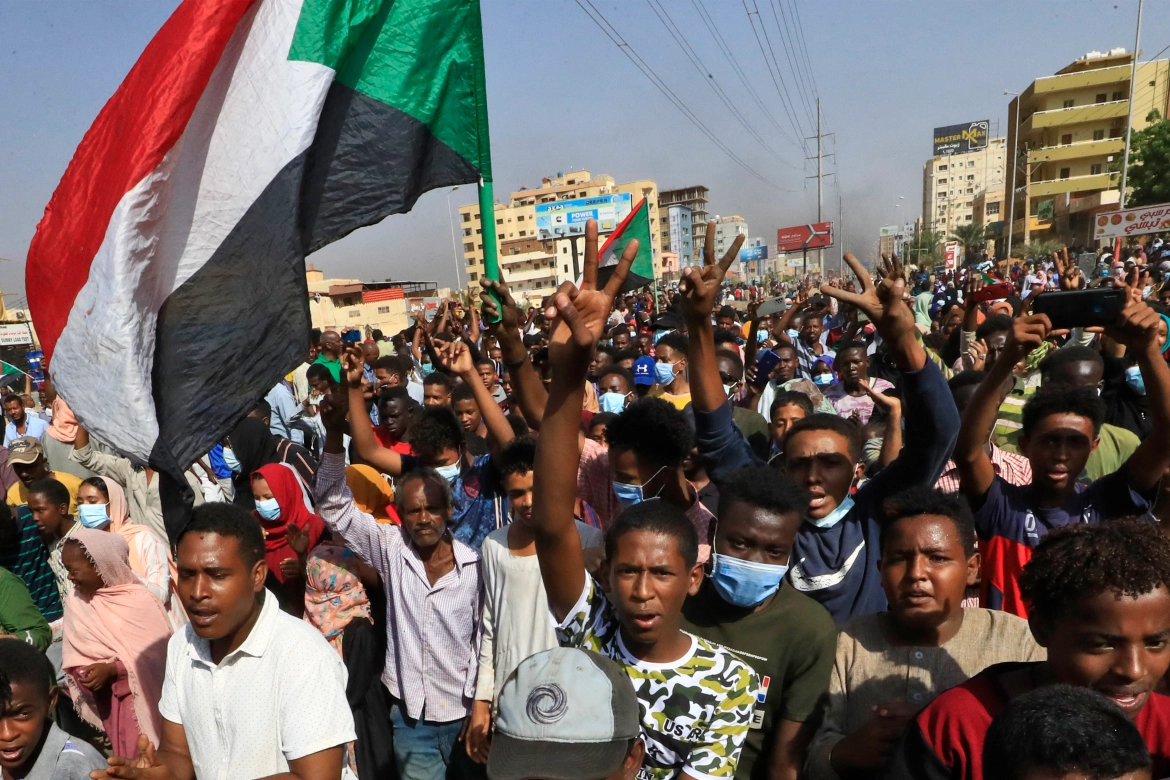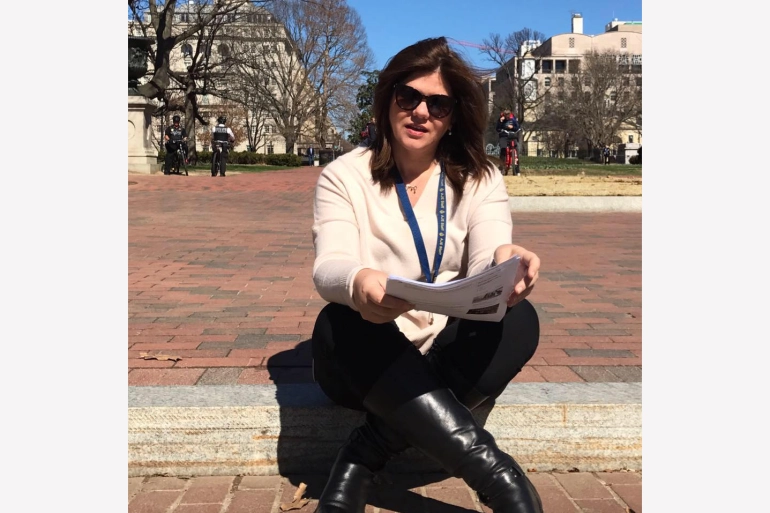![Afghan women in Kabul, April 2021 [Reuters]](https://liberties.aljazeera.com/resources/uploads/2021/08/1629780800.jpg)
Afghan women in Kabul, April 2021 [Reuters]
The UN Human Rights Council will hold a special session in Geneva on Tuesday to discuss human rights violations in Afghanistan. The position of women in Afghanistan is of particularly grave concern,
The session of the Human Rights Council is being convened after a request was submitted on 17 August by Pakistan, the coordinator of the Organization of Islamic Cooperation (OIC), and Afghanistan.
Human rights advocates worldwide are concerned about the position of Afghan women after the Taliban takeover on 15 August after the withdrawal of Afghan forces on 1 May.
Many women without visas are unable to leave the country.
Women are concerned that their rights such as the right to freedom of movement, expression and labour rights will be severely restricted or removed under Taliban rule.
Shortly after the Taliban takeover Nobel laureate Malala Yousafzai wrote on Twitter, ‘We watch in complete shock as Taliban takes control of Afghanistan. I am deeply worried about women, minorities and human rights advocates.’
Whereas the Taliban has sought to portray themselves as more moderate than they were during their rule of Afghanistan in the late 1990’s, many Afghans remain skeptical of these undertakings.
Speaking to Al Jazeera, UN Special Rapporteur on the promotion and protection of human rights Fionnuala Ni Aolain says: ‘The gender apartheid practiced by the Taliban is not consistent with what is broadly consistent with international law. It is not consistent with women’s dignity.’
Taliban rhetoric
In the direct aftermath of the takeover the Taliban assured the world that there would be a ‘peaceful’ transition.
The Taliban has said it will govern inclusively, it has invited women to join its government, and it has pledged that it can continue to be part of the workforce as long as it is ‘in accordance with Sharia law’.
In laying out how Afghanistan will be governed, senior Taliban commander Waheedullah Hashimi said a council of Islamic scholars will determine the legal system and that an Islamic government will be guided by Islamic law and not by the principles of democracy.
Taliban spokesman Suhail Shaheen said on Monday that under the Taliban girls would be allowed to study. ‘Schools will be open and the girls and the women, they will be going to schools, as teachers, as students,’ he said.
But experts on Afganistan are skeptical of the recent rhetoric by the Taliban. Speaking to Al Jazeera, Ali Olomi, assistant professor of Islamic history at Penn State Abington said: ‘The position was similar in the 1990’s. At first there were almost no restrictions or bans but within a year restrictions were introduced. Women were restricted to the private sphere and under the system of guardian ship they could only leave the house if accompanied by a male guardian.’
Olomi says: ‘Access to education will be a source of conflict to the Taliban. As women become more educated it will become more difficult to control them.’
The Taliban’s interpretation of Sharia is not grounded in the traditional Islamic jurisprudence’, says Olomi.
Responding to the recent rhetoric by the Taliban Heather Barr, co-director of the Women’s Rights division of Human Rights Watch said: ‘There is nothing we can discern from the current rhetoric that we find reassuring.’
Speaking to Al Jazeera Barr said: ‘There is no evidence from the last 25 years that we can trust the Taliban now.’
Legal protections
The previous period of Taliban rule was considered a time of subjugation of women in particular.
After the US invaded in 2001, restrictions on women eased, and even as the war raged, a local commitment to improving women’s rights, supported by international groups and donors, led to the creation of new legal protections.
Of the approximately 9 million children who are enrolled in schools in Afghanistan, 39% are girls. The last decade or so has seen the first cohorts of female medical students in modern-day Afghanistan graduate and more women enrolling at universities.
By mid 2021 27% of the members of the Afghan parliament were women – a figure equivalent to the U.S. percentage of female representatives in Congress.
Signs of repression to come
The position of women under the new Taliban rule already looks troubling.
As the Taliban was seizing territory, Taliban fighters walked into the offices of Azizi Bank in Kandahar in July and ordered nine women working there to leave. The women were escorted to their homes by gunmen and told not to return to their jobs.
In July, the Afghanistan Independent Human Rights Commission said in areas controlled by the Taliban, women had been ordered not to attend health services without a male guardian. TV was banned, and teachers and students were instructed to wear turbans and grow beards.
Human Rights Council
According to Human Rights Watch (HRW) the Human Rights Council meeting does not look promising in terms of concrete action to help women. According to HRW a text drafted by Pakistan as leader of the Organisation of Islamic Cooperation (OIC) recommends the ‘weakest possible response, no investigation or monitoring body, just a future discussion on a report by the High Commissioner for Human Rights that was already mandated.’
Barr asks: ‘The question is do the women of Afghanistan have support from anyone or are they on their own.’
According to Ni Aolain one merely needs to look at the position of women living in the provinces of Afghanistan to see that this will be a ‘brutal stone age for women’.
- Most Viewed
- Most Popular


















